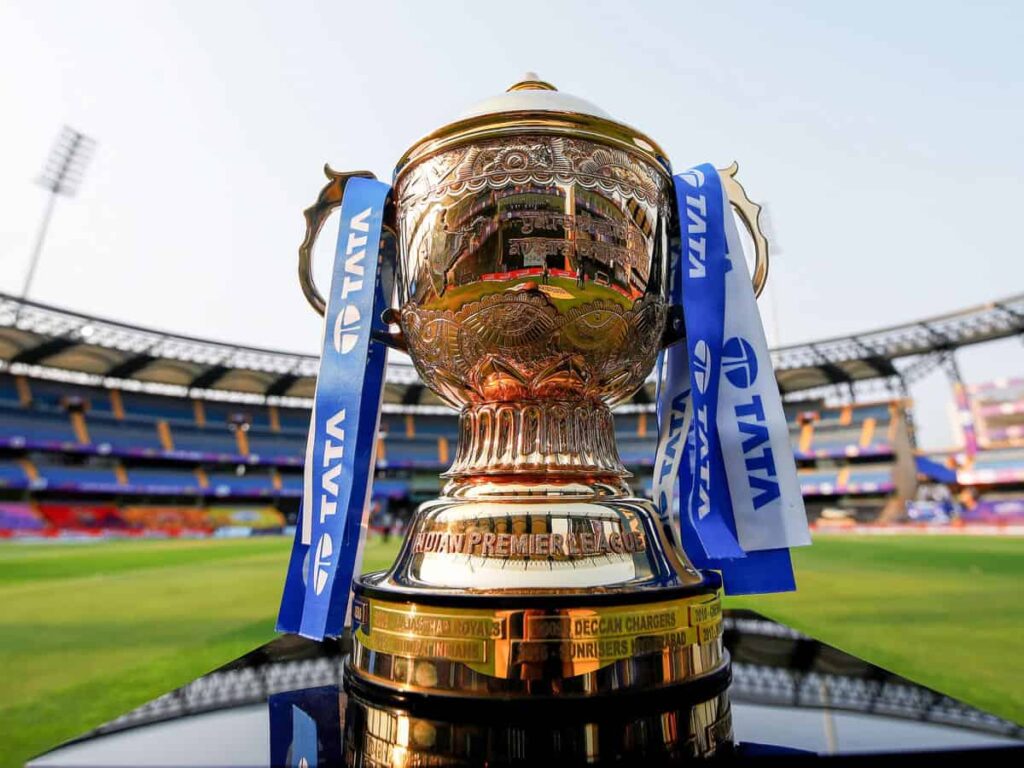From Concept to Reality: The Story of IPL’s Inception and Success
by admin

The Indian Premier League (IPL) has become a cultural phenomenon in India since its inception in 2008. The IPL is the most popular domestic T20 cricket league in the world, attracting top talent from around the globe. However, the league was not just a spur-of-the-moment idea. The IPL was conceptualized and started after months of planning and discussions.
In 2007, the Board of Control for Cricket in India (BCCI) was looking for ways to improve the standard of Indian domestic cricket. The BCCI’s then-president, Sharad Pawar, along with the vice-president, Lalit Modi, began discussing the idea of creating a T20 cricket league in India.
The idea was to create a league that would attract top talent from around the world and provide Indian players with an opportunity to play alongside and against some of the best cricketers in the world. The league would also provide a platform for young Indian players to showcase their talent and potentially earn contracts with the national team.
After months of discussions, the BCCI announced the creation of the Indian Premier League in 2008. The league was modeled after successful T20 cricket leagues such as the English Premier League and Australia’s Big Bash League.
The IPL’s format involved eight franchises representing different cities in India. These franchises would bid for players in an auction, with a salary cap in place to ensure parity across teams. The league would take place over six weeks, with each team playing a total of 14 matches before the top four teams advanced to the playoffs.
The inaugural IPL season was a massive success. The league attracted top players from around the world, including Australian cricketer Shane Warne, who was appointed captain of the Rajasthan Royals. The league was also a hit with Indian audiences, with stadiums packed to capacity for every match.
The IPL’s success can be attributed to its innovative format, which combines cricket with entertainment. The league features cheerleaders, music, and fireworks, creating a festive atmosphere at each match. The league has also been successful in attracting sponsors, with top brands like Pepsi, Vodafone, Vivo and TATA sponsoring the league over the years.
The IPL has been instrumental in revolutionizing cricket in India. Before the league’s inception, domestic cricket in India was not as popular as international cricket. The IPL changed this by creating a league that was entertaining, innovative, and accessible to fans across the country.
The league’s impact on Indian cricket has been significant. The IPL has provided a platform for young Indian players to showcase their talent and learn from some of the best cricketers in the world. Many players who have excelled in the IPL have gone on to represent India at the international level.
The league has also been a financial boon for the BCCI and franchise owners. The IPL has generated billions of dollars in revenue through sponsorships, media rights, and merchandise sales. The league has also created job opportunities for hundreds of people, from players to support staff to vendors.
The IPL has not been without its controversies, however. The league has faced accusations of corruption, match-fixing, and conflicts of interest. The BCCI has taken steps to address these issues, but the league’s reputation has taken a hit as a result.
Despite these challenges, the IPL remains one of the most popular sporting events in India. The league’s success has inspired the creation of similar T20 cricket leagues around the world, including the Caribbean Premier League, the Bangladesh Premier League, and the Pakistan Super League.
The Indian Premier League was conceptualized and started as a way to improve the standard of domestic cricket in India. The league’s innovative format and entertainment value have made it one of the most popular sporting events in the country. The IPL’s impact on Indian cricket has been significant, and its success has inspired the creation of similar leagues around the world. While the league has faced its share of challenges, the IPL remains a cultural phenomenon in India, and its future looks bright.
Related
The Indian Premier League (IPL) has become a cultural phenomenon in India since its inception in 2008. The IPL is the most popular domestic T20 cricket league in the world, attracting top talent from around the globe. However, the league was not just a spur-of-the-moment idea. The IPL was conceptualized and started after months of…
